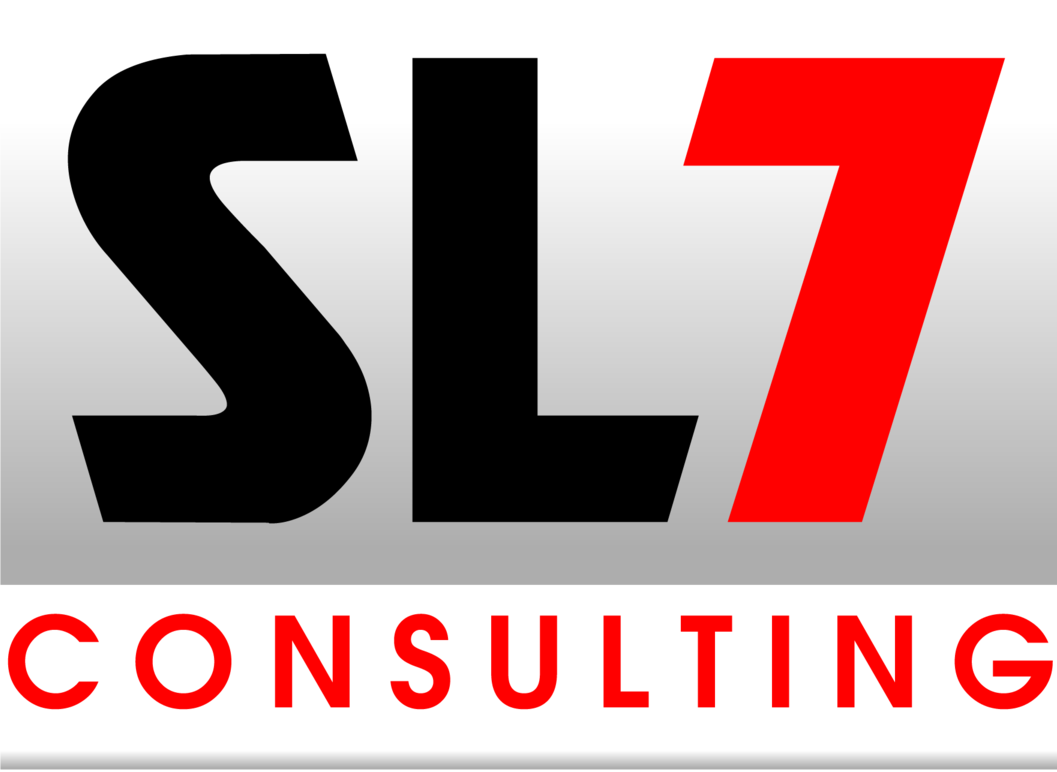It only takes a few bad apples to spoil the bunch. Vast majority of real estate developers are above board professionals, but they face negative public perceptions of corruption that can stem from various factors that fuel local resistance and political rejection:
- Historical Precedents: There have been instances in the past where real estate developers have been involved in corrupt practices such as bribery, kickbacks, and collusion with government officials to secure permits or approvals.
- Lack of Transparency: The real estate development process often involves complex dealings and negotiations, which can sometimes lack transparency. This opacity can breed suspicions of unethical behavior.
- Political Connections: Real estate development frequently intersects with politics, and developers with close ties to politicians or government officials may be perceived as using their influence for personal gain rather than public benefit.
- Land Use and Zoning Issues: Disputes over land use and zoning regulations can create opportunities for corruption, as developers may seek to circumvent regulations through illicit means.
- Media Coverage: Instances of corruption or unethical behavior by real estate developers often receive significant media attention, contributing to the perception of the industry as corrupt.
While there may not be specific studies or news stories that universally prove all real estate developers are corrupt, there have been numerous high-profile cases and investigative reports highlighting instances of corruption within the industry.
The negative perception of corruption can indeed affect reputable developers who are genuinely seeking approvals for worthwhile projects. They may face increased scrutiny and skepticism from regulatory authorities, communities, and potential investors.
Additionally, the tarnished reputation of the industry as a whole can make it more challenging for ethical developers to build trust and establish credibility, potentially hindering their ability to successfully navigate the approval process and secure social and political capital for their projects.

